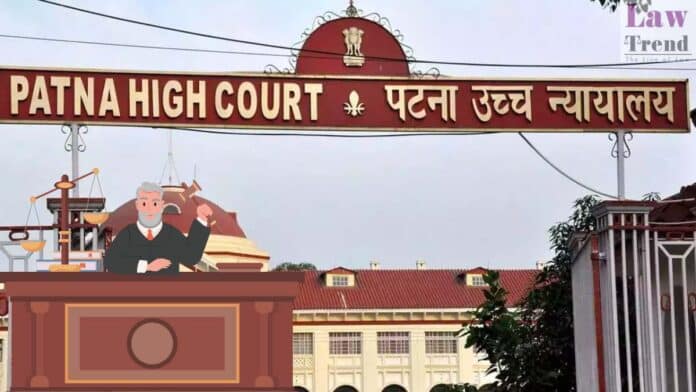The Patna High Court has expressed sharp criticism of Bihar’s prohibition policy, highlighting its unintended consequences, including the rise of illegal liquor trafficking and related crimes. The court remarked that while the 2016 prohibition law was introduced with the noble goal of improving public health and living standards, it has “strayed in the wrong direction.” The observations were made while overturning a demotion order against a police inspector.
The comments came during the hearing of a petition by Mukesh Kumar Paswan, who challenged his demotion after a liquor seizure occurred near his police station. Justice Purnendu Singh, presiding over the case, made these remarks in his October 29 judgment, which was published on the High Court’s website on November 13.
Justice Singh noted that the prohibition law has become a source of income for officials rather than serving its intended purpose. “Officials from police, excise, and transport departments benefit from prohibition as it becomes a revenue channel for them. However, cases are rarely filed against major syndicate operators or influential individuals. Instead, the law disproportionately affects the poor, with many cases targeting low-income individuals or victims of counterfeit liquor,” the court observed.
The court criticized the police for allegedly colluding with liquor smugglers. In Paswan’s case, liquor was seized just 500 meters from his station, leading to his suspension. Paswan approached the court, arguing that he was unfairly penalized for an incident beyond his control.
The prohibition law has led to an increase in illegal liquor trafficking in Bihar, including the circulation of counterfeit and toxic liquor. This has resulted in hundreds of deaths across the state since the law’s implementation.
The court’s remarks bring attention to the challenges of enforcing prohibition effectively. Despite its well-intentioned goals, the law has inadvertently created systemic issues, with widespread corruption and severe consequences for vulnerable populations.




